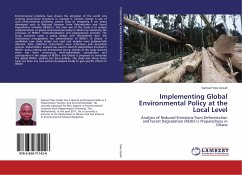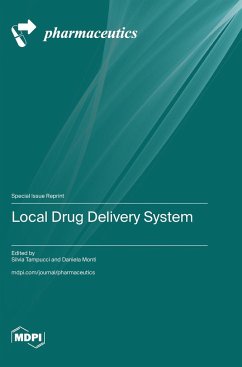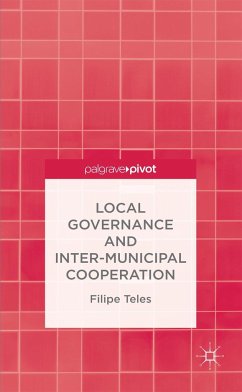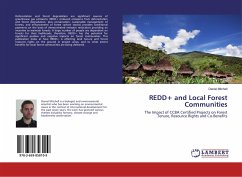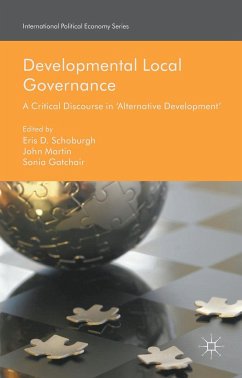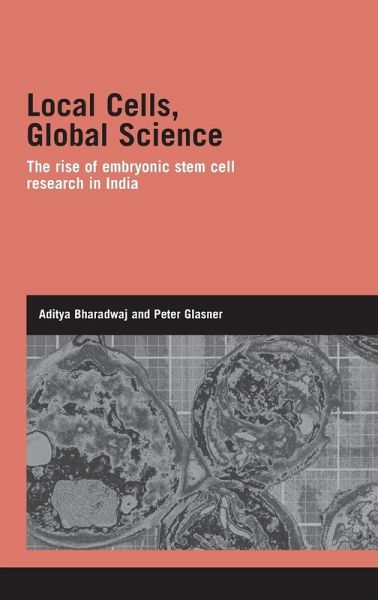
Local Cells, Global Science
The Rise of Embryonic Stem Cell Research in India
Versandkostenfrei!
Versandfertig in 1-2 Wochen
51,99 €
inkl. MwSt.
Weitere Ausgaben:

PAYBACK Punkte
26 °P sammeln!
One of the first studies of an exciting new development in global biotechnology, this cutting edge text examines the extent of the transnational movements of tissues, stem cells, and expertise, in the developing governance framework of India. Documenting the impact of local and global governance frames on the everyday conduct of research, this groundbreaking book traces the journey of 'spare' human embryos in IVF clinics to public and private laboratories engaged in isolating stem cells for potential therapeutic application. The discussion also examines the gender dimension as a potential site...
One of the first studies of an exciting new development in global biotechnology, this cutting edge text examines the extent of the transnational movements of tissues, stem cells, and expertise, in the developing governance framework of India. Documenting the impact of local and global governance frames on the everyday conduct of research, this groundbreaking book traces the journey of 'spare' human embryos in IVF clinics to public and private laboratories engaged in isolating stem cells for potential therapeutic application. The discussion also examines the gender dimension as a potential site for exploitation in the sourcing of embryonic and other biogenic materials, and suggests that a moral economy has developed in which the ethical values of the global 'North' support and encourage the donation of abundant and ethically 'neutral' embryos by the 'South'. This unique exploration is grounded in an empirical, multi-sited ethnographic study that takes a thoroughly comparative analysis of the ethical, religious and social issues in Europe, the United States, and organ donations already prevalent in India. In this theoretically-sensitive analysis, the authors use the resources of social anthropology and the social sciences in an innovative text which will appeal to postgraduates and professionals in the areas of STS studies, genetics, bioethics, and anthropology.






